IELTS Syllabus 2025 - Explore Section-Wise IELTS Exam Syllabus & Important Topics PDF
IELTS Syllabus
International English Language Testing System offers two test versions: Academic and General Training.
- General Training: Ideal for those pursuing permanent residency or work visas in English-speaking nations.
- Academic: Tailored for those seeking international academic exposure.
Both tests assess practical English skills in real-world scenarios.
Are you wondering about the IELTS syllabus and study resources?
While numerous institutes provide classes and learning material, only some books cover potential topics. Students must explore a range of topics to boost their confidence in the IELTS test. Let's take a look at the range of topics for both versions.
THE FOUR MODULES (General Training)
IELTS Writing - General
It lasts for 60 minutes. (It is recommended that you devote 20 minutes to Task 1 and 40 minutes to Task 2).
The number of tasks and questions: 2.
Task 1: Writing a letter (minimum word requirement - 150): Informal, semi-formal, or formal and in this, you may be asked to provide information, invite someone, explain a situation etc.
Task 2: Writing an essay (word requirement minimum 250). Essay writing in response to a viewpoint, defense, or issue.
Note: Task 2 (Essay) evaluation carries more leverage in terms of marking/band score than Task 1 (Letter).
The topics for the same are not specific, but the types of essays and letters are specified.
IELTS Listening - General
Duration: 30 minutes. (If you take the IELTS test on paper, you get an additional 10 minutes to transfer your response to the answer sheet.)
Total Questions: 40.
You will have to listen to recordings of native English speakers and their responses to a series of questions in the Listening module of the IELTS exam, which is divided into four sections (40 questions are present).
PART 1: A discussion between two people occurs in a typical social setting.
PART 2: A monologue presented in a typical social setting, such as a speech about neighbourhood amenities or a visit to an area.
PART 3: A conversation between up to four people in an educational or training context, like a university lecturer and a student talking about a project.
PART 4: A monologue about a subject in school, like a lecture at a university.
Task Types: The IELTS GT listening section includes multiple-choice, matching, plan/map/diagram labelling, form/note/table/flowchart/summary completion, and sentence completion questions.
IELTS Reading - General
Duration: 60 minutes.
Total Questions: 40.
Three sections make up the IELTS GT Reading test.
13–14 questions are included in each section.
Section 1: Comprises two texts/passages. (It includes advertisements, announcements, notices etc.)
Section 2: Comprises two texts/passages. (It includes job descriptions, training manuals, contracts etc.)
Section 3: Has a long reading passage. (It includes published texts)
Task Types: The IELTS General Training Reading section consists of several different question types, such as multiple choice, matching headings, identifying information, short-answer questions, identifying the writer's viewpoints or claims, matching information, matching features, matching sentence endings, summary completion, sentence completion, note completion, table completion, flowchart completion, and diagram label completion.
These check specific skills of yours, not the knowledge of the text.
IELTS Speaking - General
Duration: 11-14 minutes.
Total Questions: not fixed
The IELTS speaking section rates a candidate's spoken English proficiency. The entire conversation is recorded for scoring purposes.
PART 1: The examiner will ask you general questions about yourself in this section, covering a variety of well-known subjects like your home, family, hometown, job, studies, and interests. This section lasts for four to five minutes.
PART 2: You will be given a card (also known as a cue card or candidate task card) in this section that instructs you to speak about a specific subject. Before you begin speaking, you will have a minute to prepare, and you have a maximum of two minutes to speak. Next, the examiner will pose one or more "Follow-up questions" on the same subject.
PART 3: The examiner poses 5-7 questions in this section connected to the subject of Speaking Part 2. In this section, you should talk about more conceptual and abstract topics. Between four and five minutes are allotted for this portion of the exam.
The four modules (Academic)
IELTS Writing - Academic
It lasts for 60 minutes. (Task 1 requires 20 minutes, and Task 2 generally takes 40 minutes) The number of tasks and questions: 2.
Marks: A certified IELTS examiner will mark the writing test. The scores are reported in whole and half bands.
Task 1: Writing a Report (word limit: 150): A report on a diagram, chart, table, or map where you summarize and highlight the main points
Task 2: Writing an essay (Word limit: 250). Essay writing in response to a viewpoint, defence, or issue.
Note: Task 2 (Essay) evaluation carries more leverage in marking/band score than Task 1 (Letter).
The topics for the same are not specific, but the types of essays and reports are.
IELTS Listening - Academic
It remains the same as General training.
IELTS Reading - Academic
Duration: 60 minutes.
Total Questions: 40.
Three sections make up the IELTS Academic Reading test.
13–14 questions are included in each section.
Section 1: Has a long reading passage. (It includes published texts)
Section 2: Has a long reading passage. (It includes published texts)
Section 3: Has a long reading passage. (It includes published texts)
Task Types: The IELTS Academic Reading section consists of several different question types, such as multiple choice, matching headings, identifying information, short-answer questions, identifying the writer's viewpoints or claims, matching information, matching features, matching sentence endings, summary completion, sentence completion, note completion, table completion, flowchart completion, and diagram label completion.
These check specific skills of yours and not the knowledge of the text.
IELTS Speaking - Academic
It is similar to General Training. Whether you take it from Chandigarh, Delhi, or any part of the world, it would remain the same.
If you need help with your preparation for the exam, Contact Canamprep. The Canamprep team is highly skilled and helps students prepare all the modules and help them achieve their dream band score.
Date and Frequency
IELTS test dates are offered upto 4 times in a month making a total of 48 fixed dates in one calendar year. The availability of IELTS dates in India may vary for Academic and General IELTS.
Center and Admit Card
The IELTS Exam is offered at more than 50 locations across India. No admit card is provided for the IELTS examination.
Result
IELTS Exam results are released 10 calendar days after the paper-based exam and 5-7 calendar days for the computer based test. The candidate will receive only ONE original Test Report form (TRF).
Score Reporting
A candidate may request to have upto 5 additional TRFs sent to the receiving institutions (universities, professional bodies, etc) within 1 month of taking the IELTS test. TRFs sent by courier will be sent via DHL and students will be charged accordingly. If the receiving institution accepts electronic submission of scores then that can be arranged through the IDP IELTS office free of charge.
Score Validity
2 Years
Free IELTS Mock Tests
Predicting the answer
12.1k Users
Barron's T-6
12.1k Users
Barron's T-5
12.1k Users
Barron's T-4
12.1k Users
Barron's T-3
12.1k Users
Official Cambridge Test 8
12.1k Users
Peter May 1
12.1k Users
Peter May 2
12.1k Users
Barron's T-2
12.1k Users
Barron's T-1
12.1k Users
Peter May 4
12.1k Users
Peter May 3
12.1k Users
Identifying main ideas
12.1k Users
Recognising paraphrase
12.1k Users
Selecting from a list
12.1k Users
Understanding categories
12.1k Users
Describe a place
12.1k Users
Following a conversation
12.1k Users
Recognising text types
12.1k Users
Barron's T-6
12.1k Users
Barron's 4th Edi. AT-1
12.1k Users
Barron's 4th Edi. AT-2
12.1k Users
Barron's 4th Edi. AT-3
12.1k Users
Barron's 4th Edi. AT-4
12.1k Users
Practice Plus T-1
12.1k Users
Practice Plus T-2
12.1k Users
Practice Plus T-3
12.1k Users
Practice Plus T-4
12.1k Users
Practice Plus T-5
12.1k Users
Practice Plus 2 AT-1
12.1k Users
Practice Plus 2 AT-2
12.1k Users
Practice Plus 2 AT-3
12.1k Users
Practice Plus 2 AT-4
12.1k Users
Practice Plus 2 AT-5
12.1k Users
Practice Plus 2 AT-6
12.1k Users
Barron's T-5
12.1k Users
Barron's T-4
12.1k Users
Barron's T-3
12.1k Users
Official Cambridge Test 8
12.1k Users
Reading
12.1k Users
Peter May 1
12.1k Users
P M 2
12.1k Users
Reading
12.1k Users
Barron's T-2
12.1k Users
Barron's T-1
12.1k Users
P M 4
12.1k Users
Peter May 3
12.1k Users
Using paragraphs and main ideas
12.1k Users
Dealing with a range of views
12.1k Users
Vocabulary builder
12.1k Users
Dealing with unfamiliar words
12.1k Users
Analysing the passage
12.1k Users
Understanding the paragraph structure
12.1k Users
Process & Two-part Question
12.1k Users
Barron's T-6
12.1k Users
Barron's 4th Edi. AT-1
12.1k Users
Barron's 4th Edi. AT-2
12.1k Users
Barron's 4th Edi. AT-3
12.1k Users
Barron's 4th Edi. AT-4
12.1k Users
Practice Plus T-1
12.1k Users
Practice Plus T-2
12.1k Users
Practice Plus T-3
12.1k Users
Practice Plus T-4
12.1k Users
Practice Plus T-5
12.1k Users
Practice Plus 2 AT-1
12.1k Users
Practice Plus 2 AT-2
12.1k Users
Practice Plus 2 AT-3
12.1k Users
Practice Plus 2 AT-4
12.1k Users
Practice Plus 2 AT-5
12.1k Users
Practice Plus 2 AT-6
12.1k Users
Barron's T-5
12.1k Users
Barron's T-4
12.1k Users
Barron's T-3
12.1k Users
Official Cambridge Test 8
12.1k Users
Writing
12.1k Users
Peter May 1
12.1k Users
P M 2
12.1k Users
Writing
12.1k Users
Barron's T-2
12.1k Users
Barron's T-1
12.1k Users
P M 4
12.1k Users
Peter May 3
12.1k Users
Chart & Opinionated Question
12.1k Users
Vertical Bar Graph & Discursive Essay
12.1k Users
Line Graph & Impact-Type of Question
12.1k Users
Tabular Chart & Causes-Solution Question
12.1k Users
Bar Chart & Problem-Solution Question
12.1k Users
Pie Charts & Direct Question
12.1k Users
Describe a school
12.1k Users
Barron's T-6
12.1k Users
Barron's 4th Edi. AT-1
12.1k Users
Barron's 4th Edi. AT-2
12.1k Users
Barron's 4th Edi. AT-3
12.1k Users
Barron's 4th Edi. AT-4
12.1k Users
Practice Plus T-1
12.1k Users
Practice Plus T-2
12.1k Users
Practice Plus T-3
12.1k Users
Practice Plus T-4
12.1k Users
Practice Plus T-5
12.1k Users
Practice Plus 2 AT-1
12.1k Users
Practice Plus 2 AT-2
12.1k Users
Practice Plus 2 AT-3
12.1k Users
Practice Plus 2 AT-4
12.1k Users
Practice Plus 2 AT-5
12.1k Users
Practice Plus 2 AT-6
12.1k Users
Barron's T-5
12.1k Users
Barron's T-4
12.1k Users
Barron's T-3
12.1k Users
Official Cambridge Test 8
12.1k Users
Speaking
12.1k Users
Peter May 1
12.1k Users
P M 2
12.1k Users
Speaking
12.1k Users
Barron's T-2
12.1k Users
Barron's T-1
12.1k Users
P M 4
12.1k Users
Peter May 3
12.1k Users
Describe an occasion
12.1k Users
Describe a city
12.1k Users
Describe a quiet place
12.1k Users
Describe your favourite comedy show
12.1k Users
Describe any event
12.1k Users
Describe something you would like to get replaced
12.1k Users
Free IELTS Study Material
Popular English Language Proficiency Exams
Related Blogs and Articles
Latest Test Prep Blogs and News!
PTE Accepted Universities in Australia
Updated on • 17-07-2025 • PTE

Updated on • 11-04-2025 • IELTS
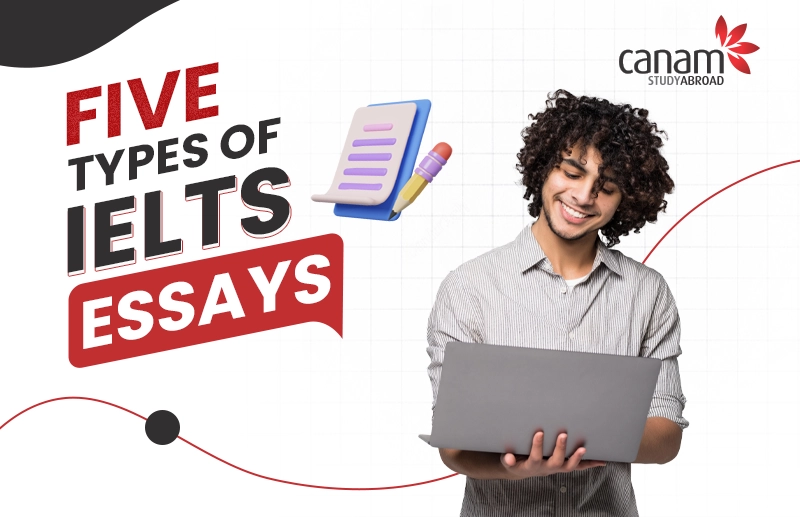
PTE Score Chart 2025: PTE Exam Scoring System & Calculation
Updated on • 09-04-2025 • PTE
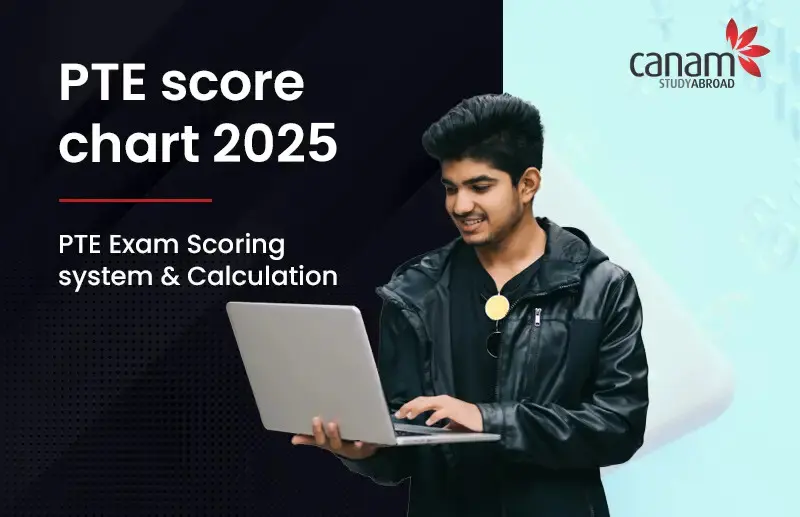
Describe Your Hometown IELTS Speaking Part 1 Topic
Updated on • 07-04-2025 • IELTS
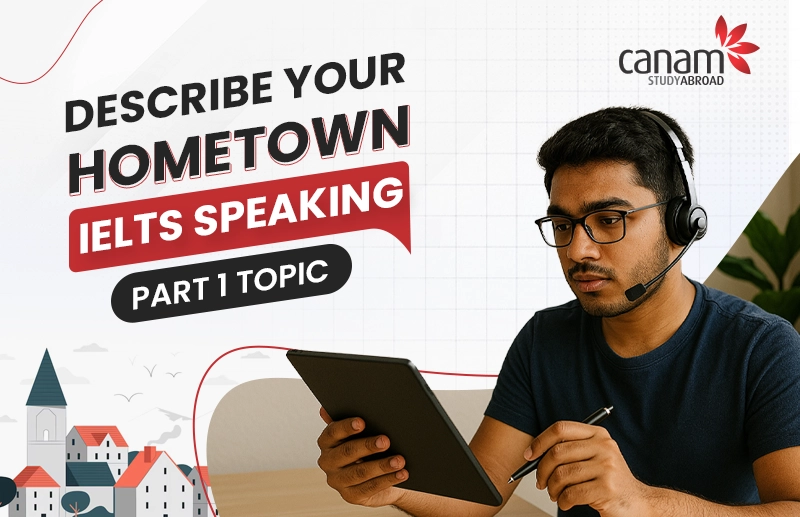
PTE vs IELTS : Know the Difference and Which is Easier?
Updated on • 21-03-2025 • IELTS
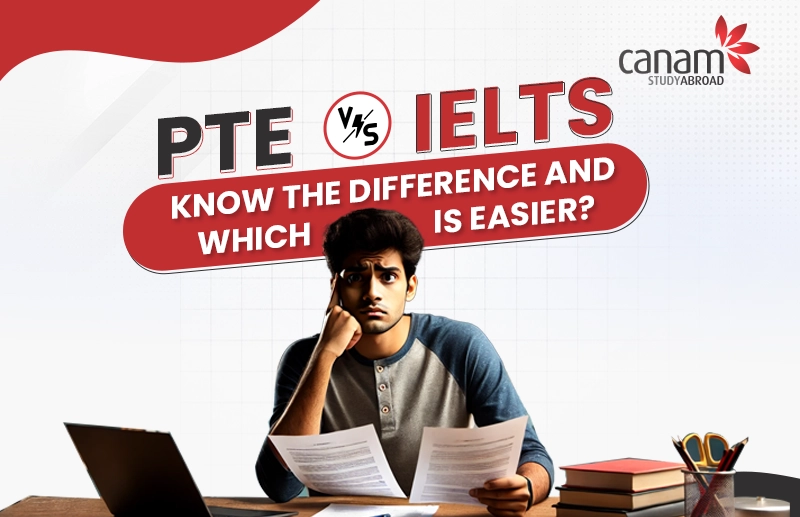
IELTS Exam Dates 2025 in India
Updated on • 18-01-2025 • IELTS
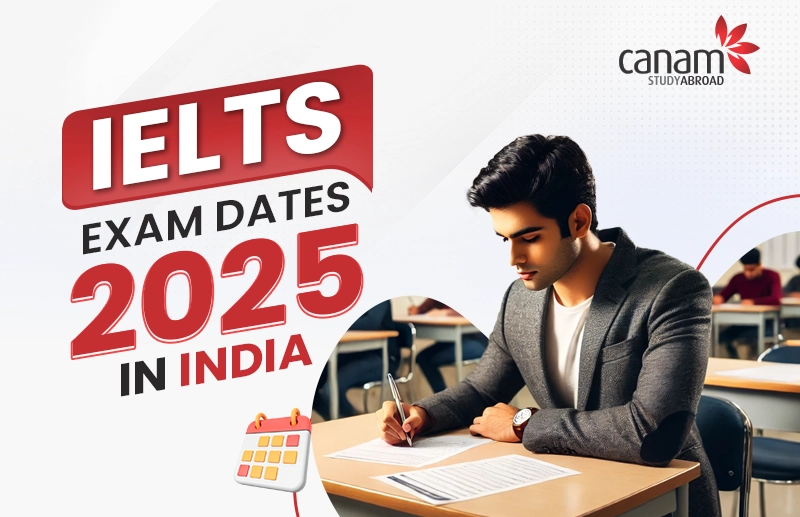
PTE Exam Centers in India 2025: Check City Wise PTE Exam Centers
Updated on • 16-01-2025 • PTE
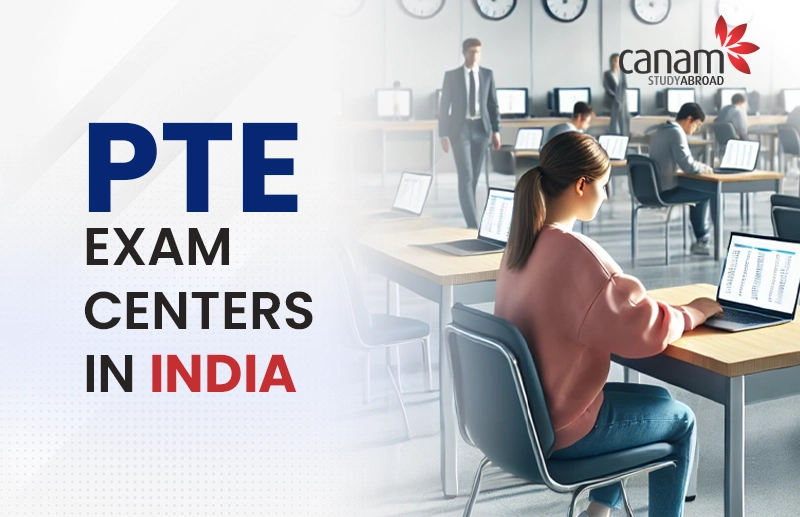
IELTS Reading Practice Tests 2025: Reading Passage and Sample Questions
Updated on • 15-01-2025 • IELTS
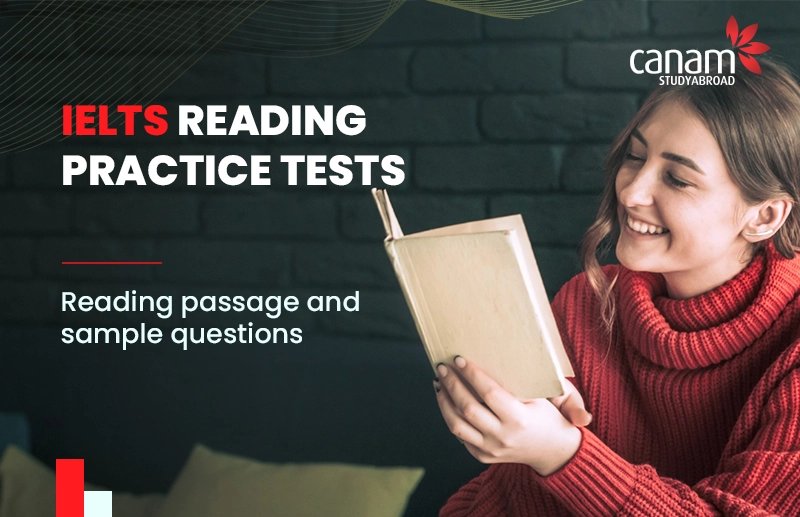
IELTS Letter Writing Topics 2025
Updated on • 15-01-2025 • IELTS
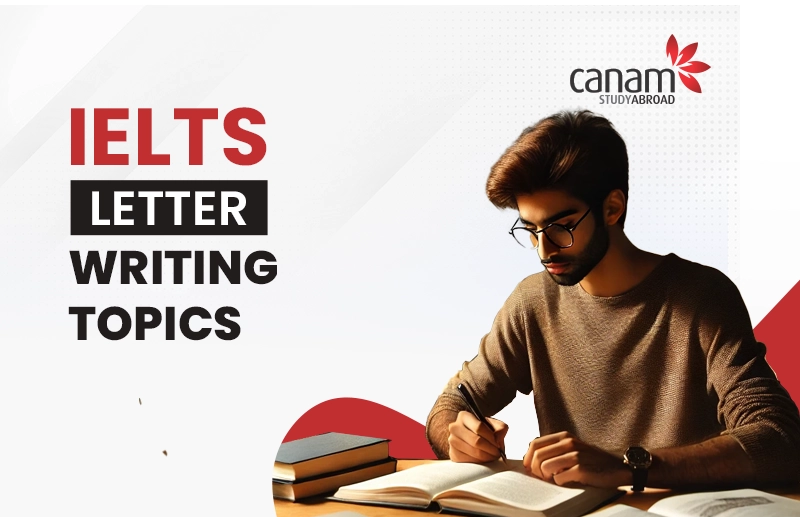
Canada IELTS band requirements 2025
Updated on • 10-01-2025 • IELTS
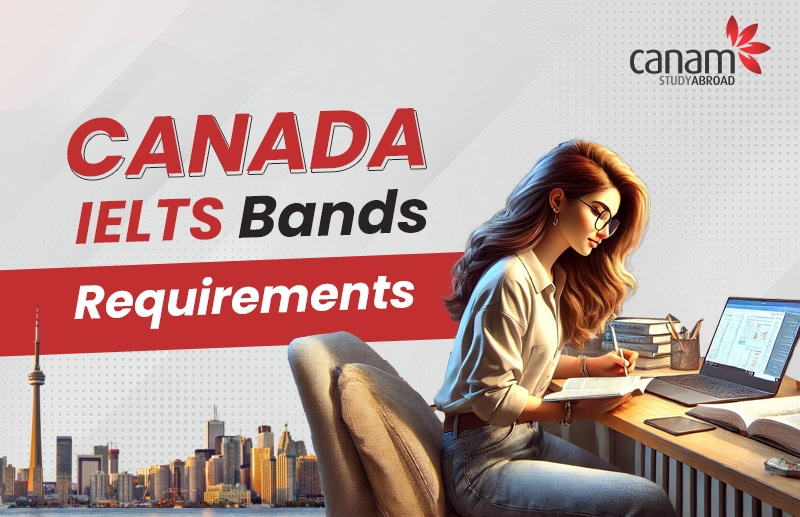
Updated on • 25-11-2024 • IELTS
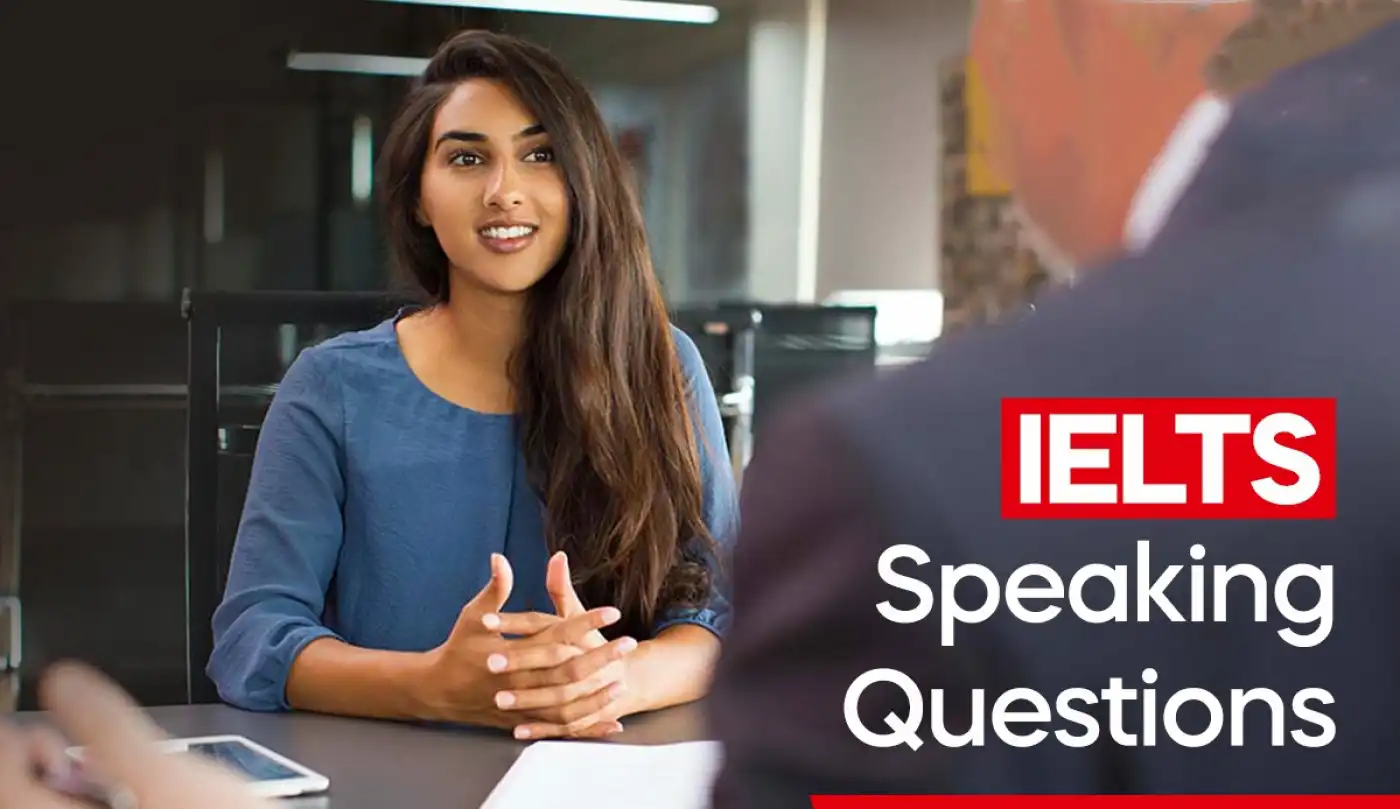
Updated on • 21-11-2024 • IELTS











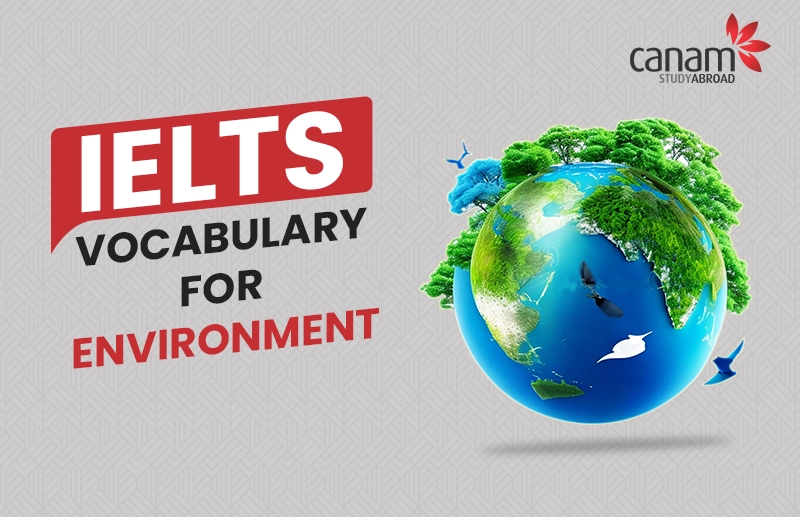

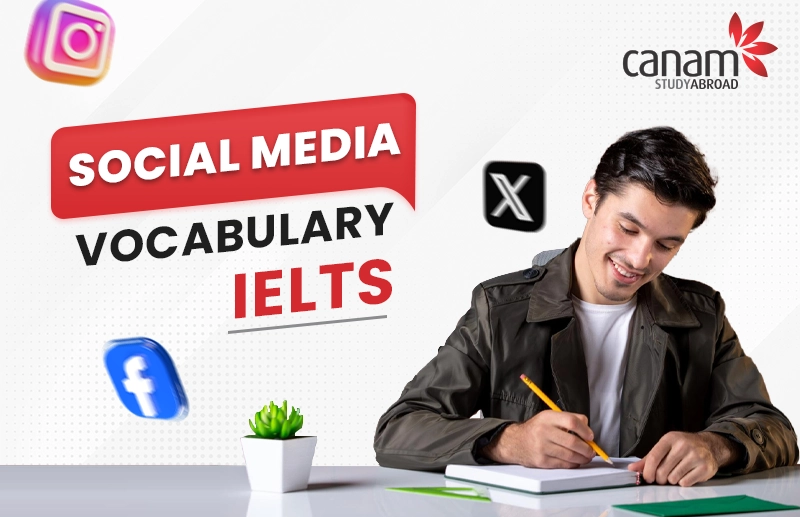
.webp)
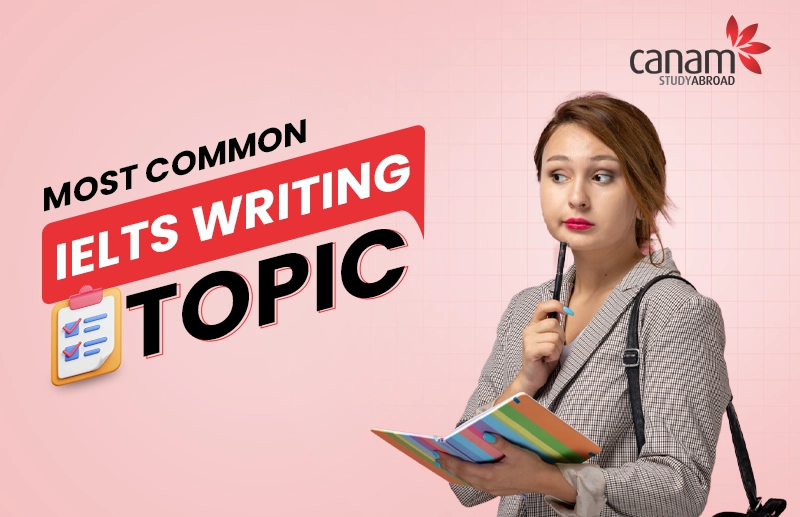



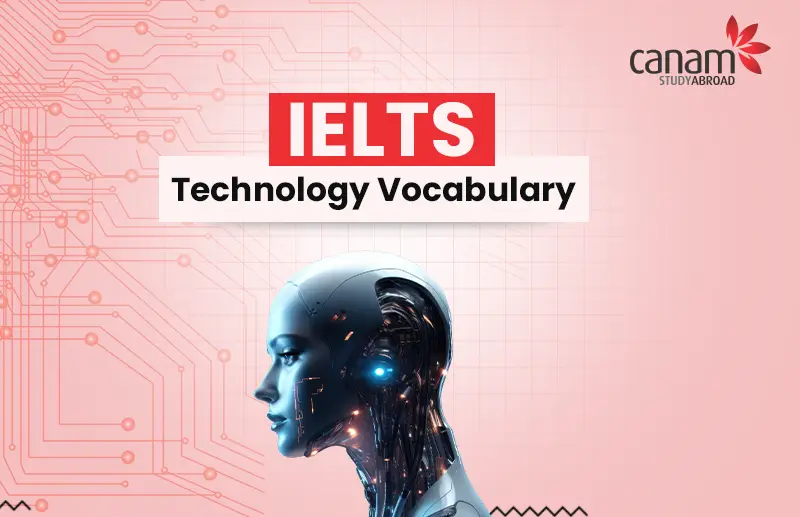

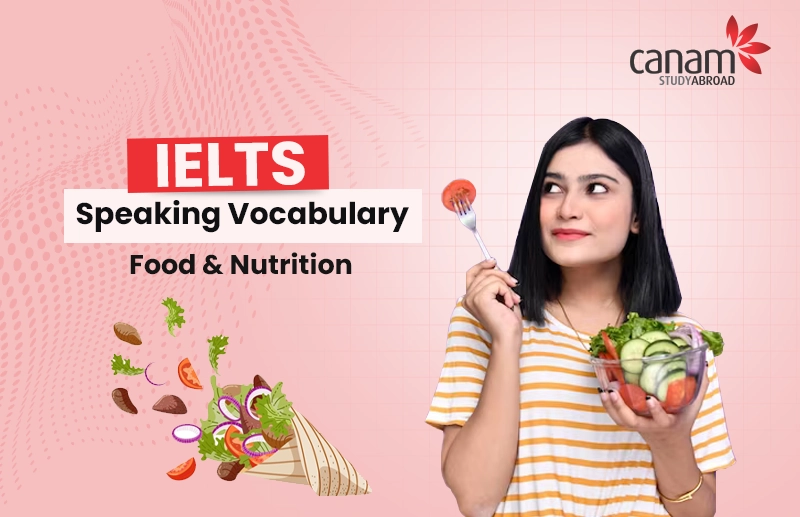


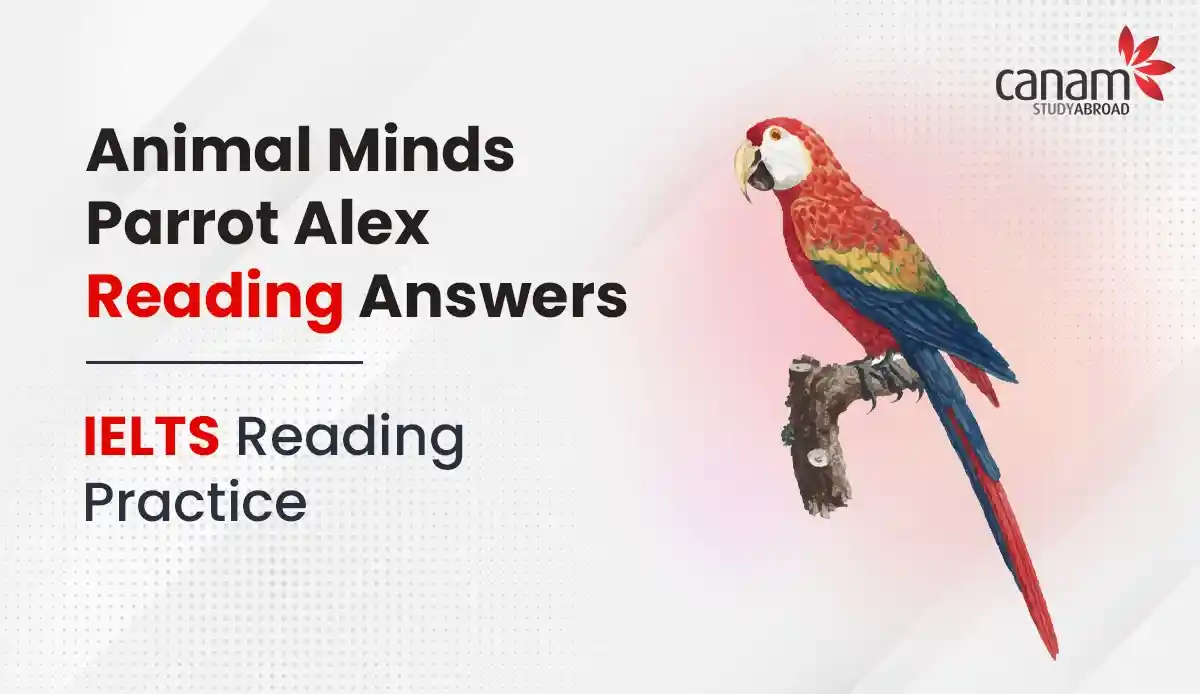
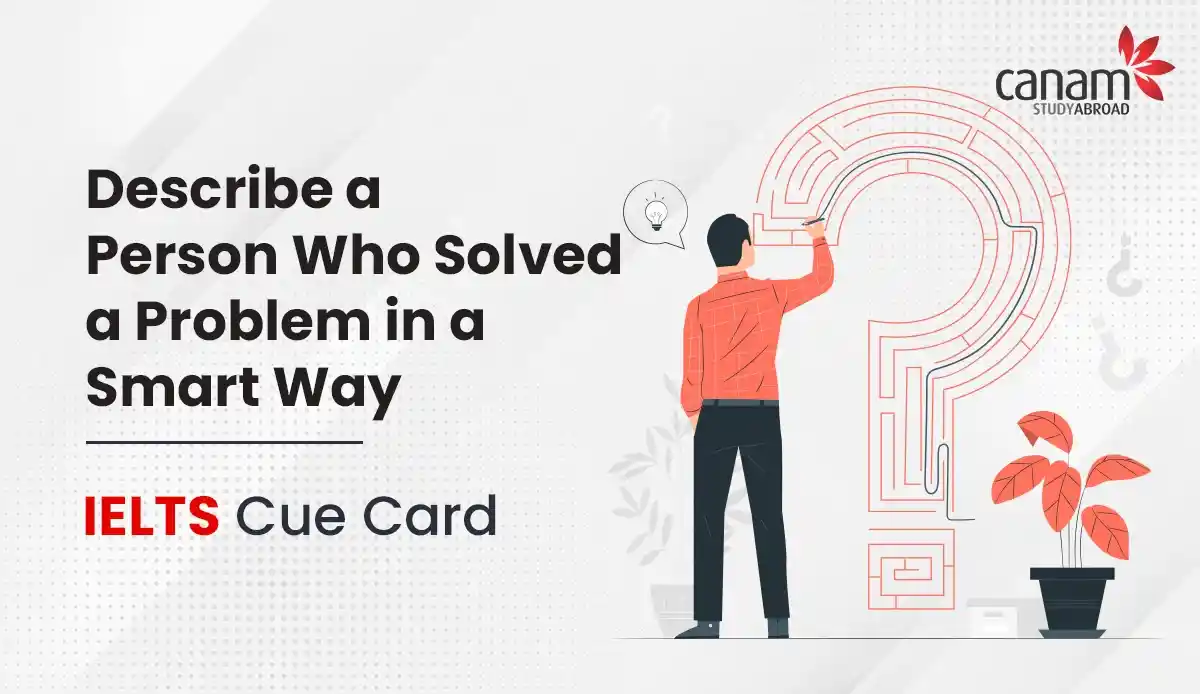
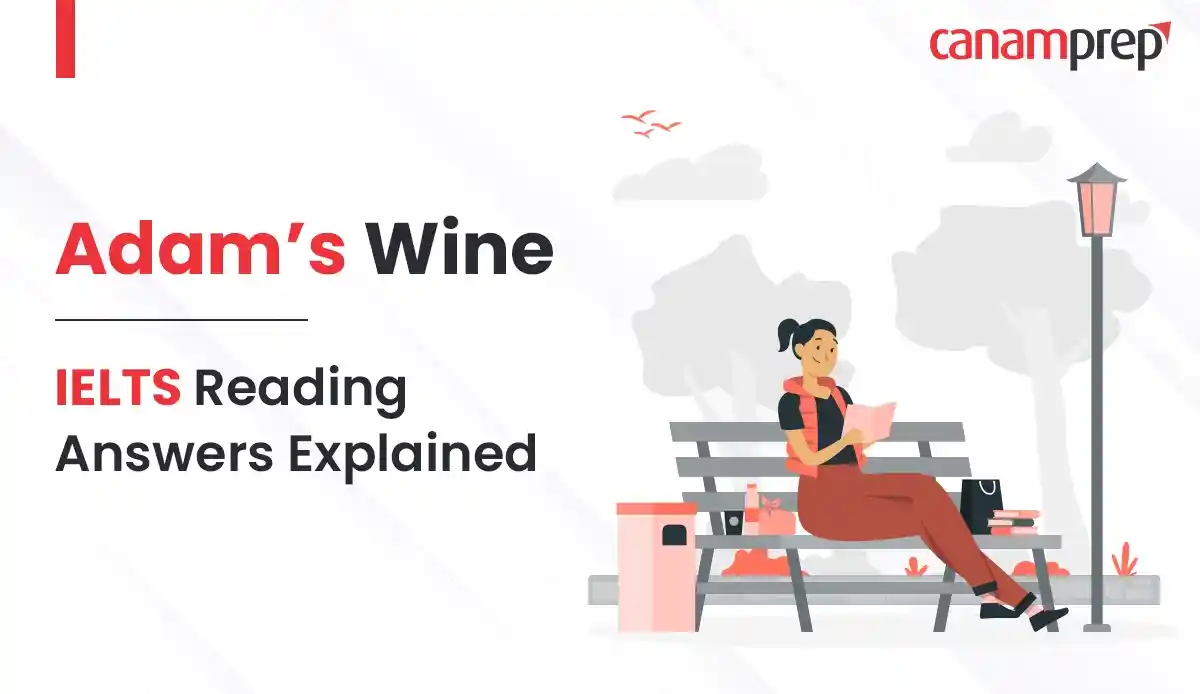
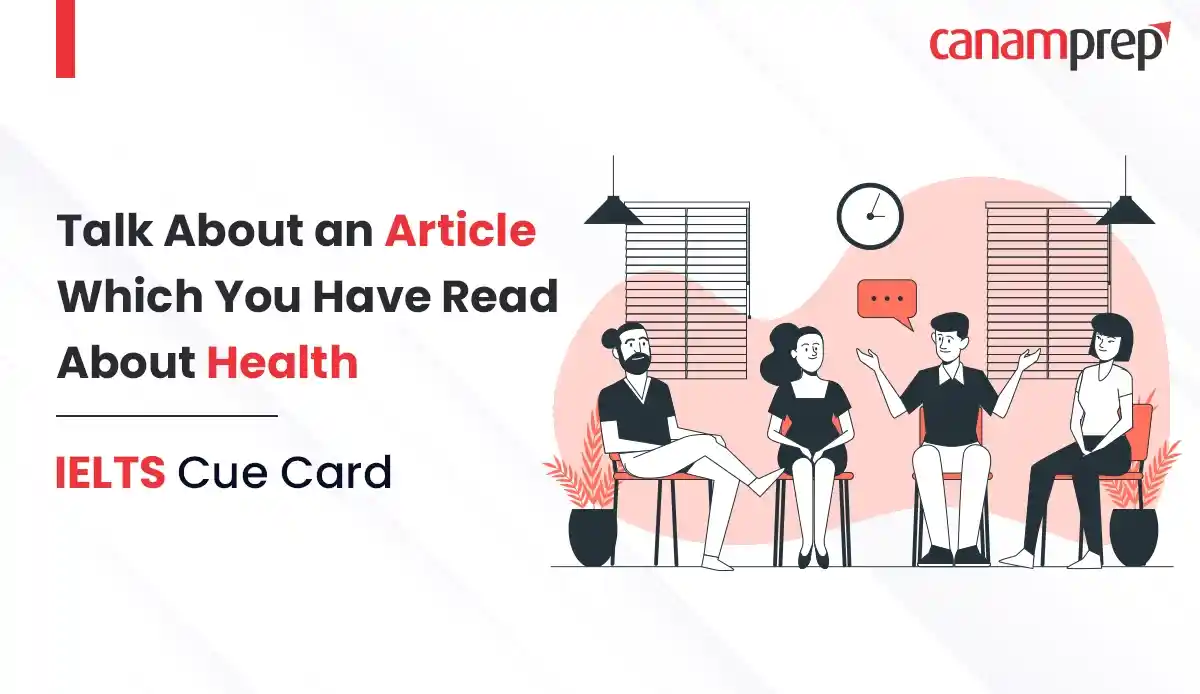
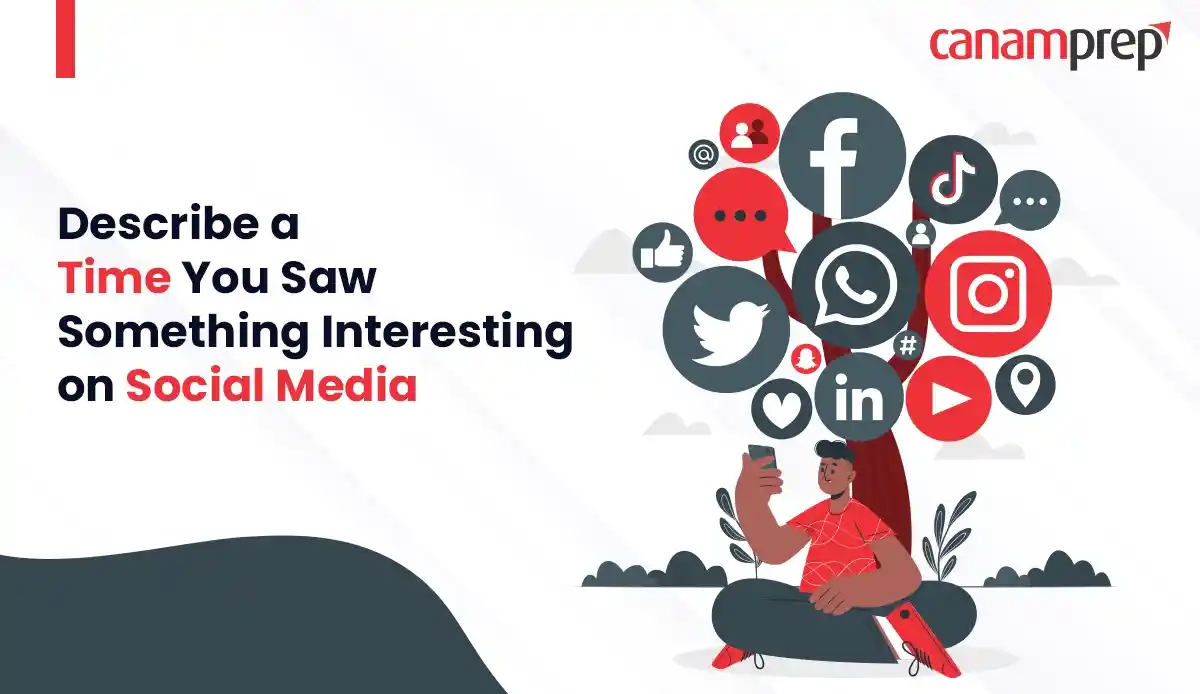
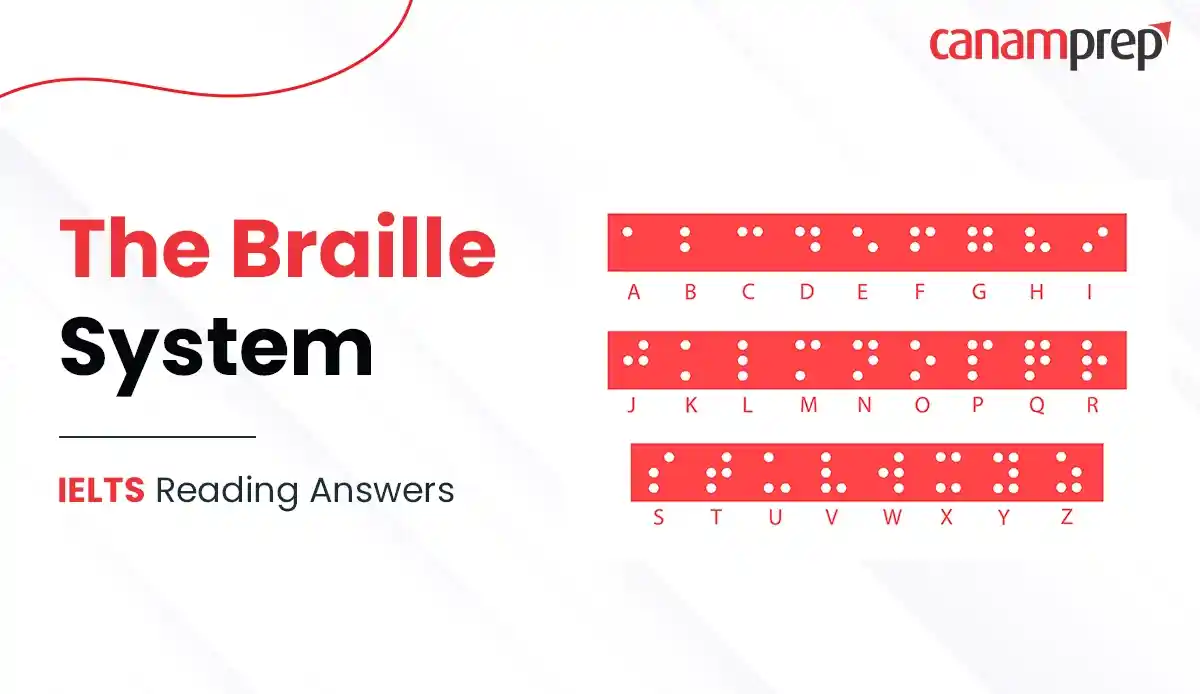

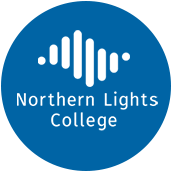



-at-University-of-Portsmouth.png)
.png)


